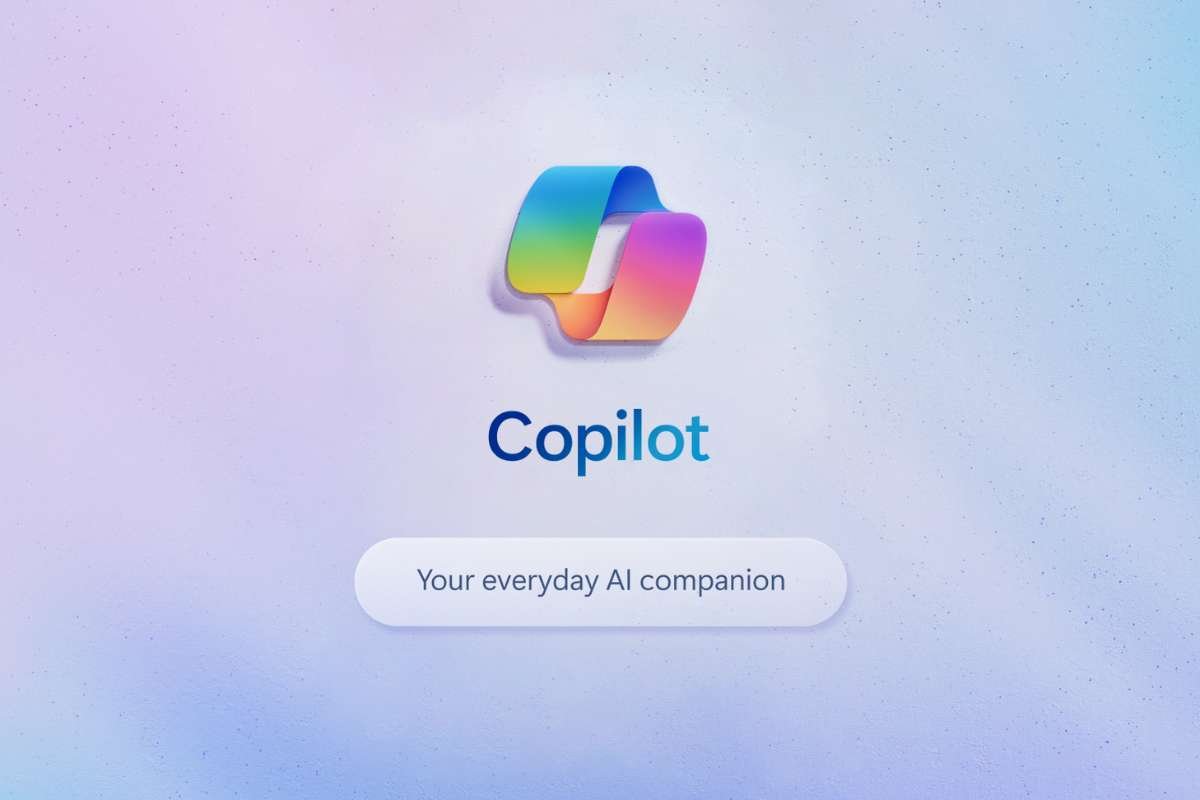Microsoft Copilot- All-in-One AI Assistant
Marking a significant leap in its AI ambitions, Microsoft has introduced Copilot, a comprehensive suite of artificial intelligence tools designed to integrate seamlessly into its digital ecosystem. Emerging from a collaboration with OpenAI—following a multibillion-dollar investment—Copilot represents Microsoft’s latest evolution from earlier virtual assistants like Cortana and Bing Chat. First launched in 2023, Copilot now spans across platforms including Windows 11, Microsoft 365, Edge, Bing, Teams, GitHub, and even mobile devices via dedicated apps.
Microsoft Copilot functions as both an AI chatbot and embedded assistant, making it an all-encompassing productivity enhancer. Whether drafting emails, creating images, analyzing Excel data, or summarizing meetings in Teams, Copilot leverages OpenAI’s GPT-4o and DALL·E 3 models, as well as Microsoft’s Prometheus model, to deliver fast and context-aware support. With the launch of Copilot Plus PCs and a dedicated Copilot key on new Windows laptops, Microsoft is doubling down on ease of access and real-time integration.
Unlike standalone AI chatbots such as ChatGPT, Perplexity, or Claude, Copilot is tightly interwoven into Microsoft apps, allowing it to work directly with user data, like calendar events, emails, and files. This seamless integration aims to eliminate repetitive tasks, saving time and streamlining workflows for both individuals and organizations.
Costs, Capabilities, and Cautions
Microsoft Copilot is available in multiple versions. A free version comes built into Windows 11, Bing, Edge, and as a mobile app, offering useful basic features. For enhanced functionality, Copilot Pro is available for $20 per month, offering improved performance, faster image generation, and integration with select Microsoft 365 apps. Business users can opt for Copilot for Microsoft 365 at $30 per user per month, which brings AI capabilities to apps like Word, PowerPoint, Excel, and Outlook, though it requires additional licensing.
More specialized plans include GitHub Copilot for developers and the enterprise-level Copilot Studio, priced at $210, which enables users to create their own AI agents. Microsoft continues to roll out updates to Copilot, including support for price tracking in Bing, enhanced visual reasoning, and integration with messaging apps such as WhatsApp, Telegram, and Viber.
Despite its appeal, Copilot isn’t without limitations. Like all AI models, it can produce inaccurate or outdated responses and requires users to remain cautious about the data they share. Experts, including AI professor Ashique KhudaBukhsh, have noted both the strengths and potential risks, urging users—especially vulnerable groups like seniors—to stay informed and use of opt-out options when installing new AI-powered features.
Navigating AI and Privacy in the Copilot Era
With its deep integration into everyday tools, Copilot walks a fine line between convenience and surveillance. Designed to learn from user behavior to provide personalized assistance, it inevitably raises questions about data privacy. KhudaBukhsh notes that while reputable systems are built with privacy protections—such as anonymization and data processing safeguards—the possibility of data crossover between apps remains a concern.
One example of Microsoft’s misstep was the Recall feature, an AI memory tool that captured user screen activity to enable easy retrieval of past tasks. After backlash over privacy risks, Microsoft paused its release, only reintroducing it in limited preview mode this April with added security controls.
Nonetheless, Microsoft is continuing to emphasize data security, announcing expanded protections for Copilot users. While the tech giant hasn’t issued a formal statement on privacy concerns, it insists that tools like Recall operate locally, with opt-in requirements and biometric authentication.
As AI continues to permeate daily life, Microsoft positions Copilot as a trusted productivity partner. Still, users are reminded to be vigilant, balancing the convenience of AI assistance with a clear understanding of the personal data they are sharing.









